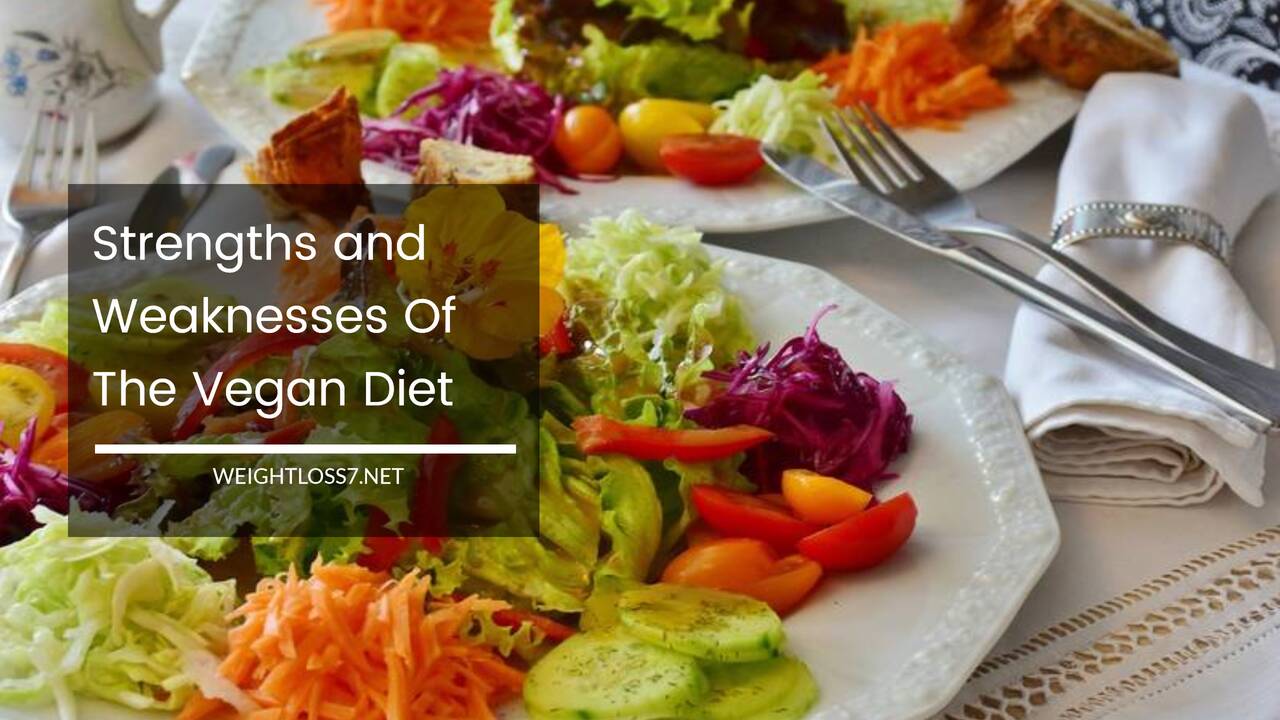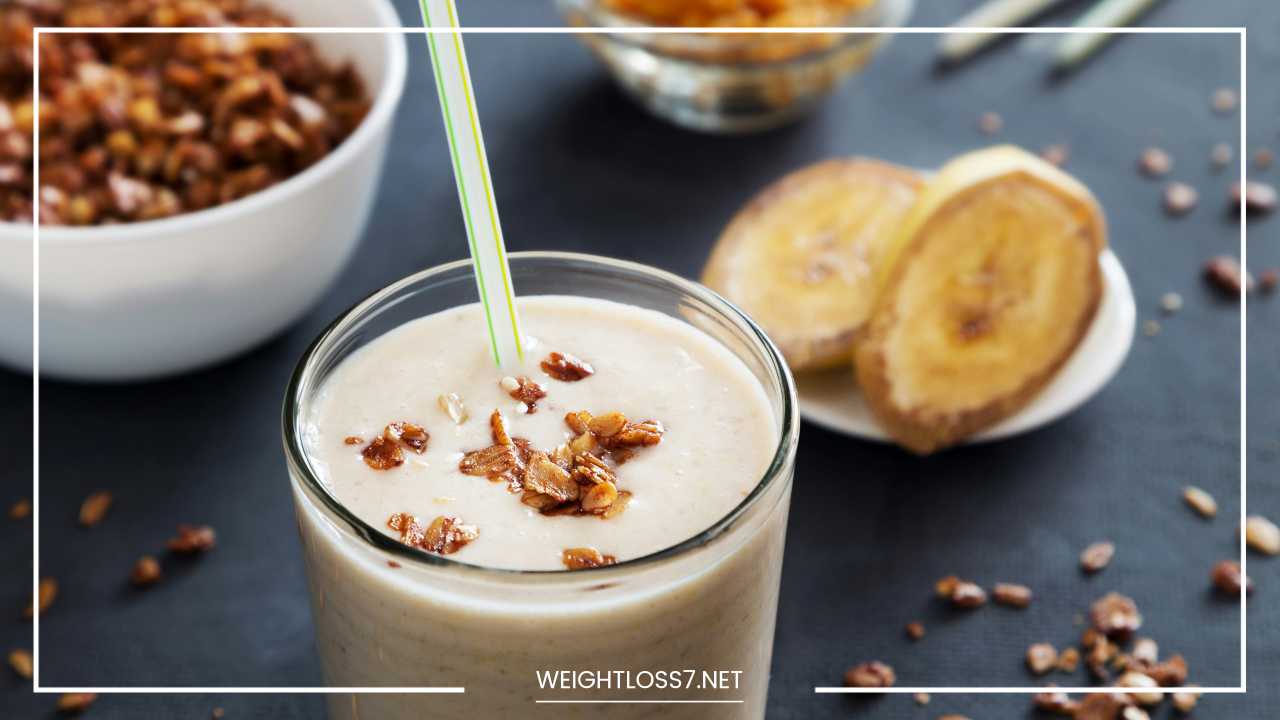Strengths and Weaknesses Of The Vegan Diet

There are an estimates one million Americans who identify as vegan, although the practice seems to be becoming more popular. When someone becomes vegan, they often do so for both health and ethical reasons.
Veganism, despite its relatively small following, receives a lot of press. It is also rife with claims that it’s better for the planet, decreases the rate of human health problems and virtually eliminates animal cruelty.
Some even go so far as to state that veganism is the natural human diet. While there may be some truth to some of these claims, many people falsely believe veganism to be without any negative consequences. Here are some of the strengths and weaknesses of the diet.
Strength: Increased Consumption Of Fruits and Vegetables
Most Americans don’t get enough fresh produce in their diets, a problem that can lead to nutrient deficiencies, digestive problems and excessive caloric intake.
Furthermore, consuming too few of these healthy foods is directly associated to a diet high in processed, chemical-laden foods.
Weakness: Nutrient Deficiencies
Although many vegans eat more fresh produce than the average person, they are still vulnerable to nutritional deficiencies.
Vitamin B 12, which is found only in animal products, is absolutely essential for a healthy nervous system and also affects mood. In addition, a vegan diet is critically low in those essential amino acids that come exclusively from meat or eggs.
Strength: Less Cruelty To Animals
Factory farms often keep their animals in horrible, unsanitary conditions. The animals may be in quarters so small that they’re unable to turn around or lie down.
They are also fed a diet that is largely unnatural to them which may include the processed carcasses of their own kind.
This problem is particularly bad for cows who are not designed to eat grain and meat and suffer numerous health problems as a result.
Weakness: Still Bad For Animals and The Planet
That veganism is the planet’s saving grace is one of the diet’s most profound misconceptions. To feed everyone a vegan diet, huge swatches of land, much more than is used now, would have to be cleared and annexed for the planting of grain and produce.
When you take into account the amount of water, chemical fertilizers and pesticides this would require, as well as the number of wild animals unintentionally slaughtered or driven from their homes during harvest and planting, the benefits don’t seem worth it.
Strength: Less Obesity
Meat and other animal-based foods are very high in calories, making it easy to gain unwanted weight.
Eating a vegan diet rich in fresh fruits and vegetables and whole grains means that it’s harder to over-consume calories.
This makes weight control simpler, and by decreasing obesity, also minimizes the risk of many associated health problems including diabetes.
Weakness: Estrogen Dominance
Vegan diets are often extremely rich in soy in the form of soy milk, tofu, fake meats, textured vegetable protein, margarine and vegetable oils. Soy is not a health food.
It is a potent endocrine disruptor and is the prime cause of the country’s estrogen dominance problem, causing precious puberty in girls and feminization in boys in addition to numerous health problems.
Strength: Peace Of Mind
Many people who eat a diet free of animal products say that it makes them feel more at ease with themselves.
A common claim it that it alleviates the guilt of having taken another sentient life and that they feel more at peace being around animals.
For many people, veganism is a spiritual experience for these reasons and lends itself to a feeling of connectedness with the planet and its creatures.

















